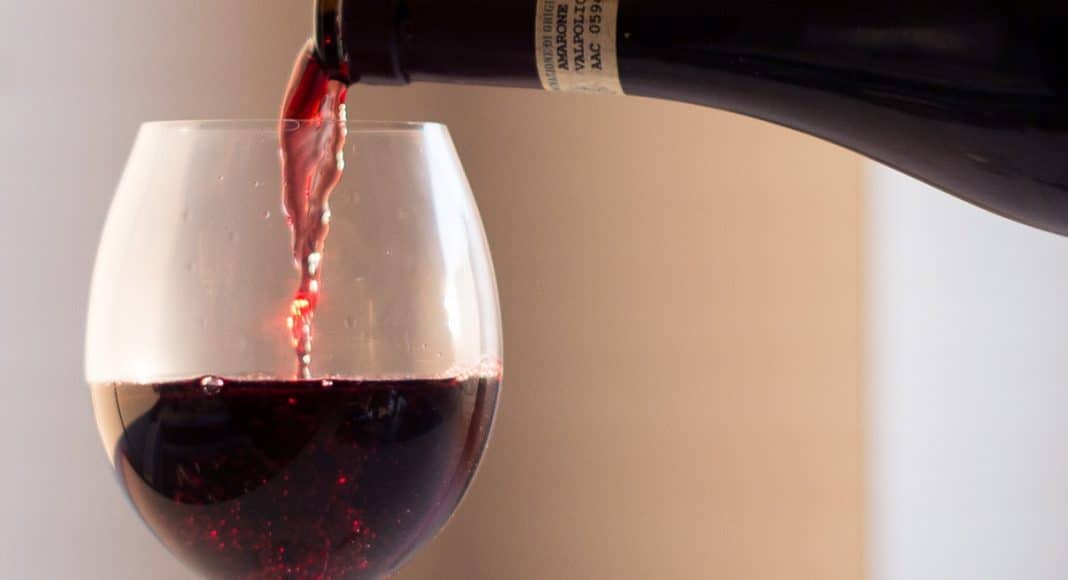I get it. Talking to a sommelier can be scary. We probably know more about wine than you, and some of us want to make very sure that you feel that knowledge gap. Yet if you don’t ask some questions (namely, these four), you’re not gonna get the right wine for you. Pay attention to how the sommelier answers these as well: having a keen bullshit detector can definitely help you out.
Tell them a wine you’ve had recently that you liked, and ask them if they have something similar.
It’s unlikely that they’ll have the exact wine you mention, but assuming you can recall at least a few facts about it (name, place of origin, varietal), they should be able to get a sense for your taste. Specific bottles are much more helpful to a somm than vague and potentially misleading phrases like “I like dry red wines.”
Don’t ask: “Is this a good vintage?” Ask: “Does this wine show much vintage variation?”
In the modern wine world, outright bad vintages are few and far between. Improved technique and education has allowed growers and winemakers throughout the world to turn even challenging years into good wine, though some years are easier than others. The better question to ask is about how much the wine will vary from year-to-year.
-
RELATED STORY: Here’s Why You Should Be Drinking Chardonnay
Generally, wines from cooler climates will show more variation, and wines from warmer climates will be more similar. Variation isn’t inherently good or bad, but it’s something to consider when you order an old favorite; it might not be the same wine you remember.
If you’re feeling adventurous, ask them what wines they’re most excited by.
Any list curated by a somm will have at least a few bottles that, for lack of a better word, are weird. They might be from an unexpected corner of the globe, or be made from a unique grape, or be made in an unusual style. They might represent an idiosyncratic pairing like white wine with red meat. However, if you’re in possession of an open mind and a broad palate, you can find some
If you want to dive deep, ask who imports (where appropriate) and distributes the wine.
The importance of the importer has definitely risen in the modern wine world, as the most respected companies have created a brand out of their expertise, and celebrities of a sort out of their founders: think Kermit Lynch, Becky Wasserman, and Terry Theise among others.
-
RELATED STORY: Here Are The Coolest Tech-Savvy Wine Gadgets Of 2017
Often the wines they import share a certain style and philosophy, even if they’re from different parts of the world. Distributors can be extremely different, and smaller is not always better, but it’s a general rule of thumb that the bigger a distributor is, the bigger the brands they work with. After all, the national distributors want to buy and sell wine that’s available and sought-after in all 50 states, while one based in a single city can carry more niche and esoteric bottles.
-
RELATED STORY: 13 Tasting Rooms That Are Already Drunk
That’s just the start, of course, but I hope this encourages you to ask some questions, and to listen to the answers. If you’re open to new wines, and to taking a small leap of faith, a good sommelier can greatly enhance your dining experience, without greatly enhancing your stress level.
MORE RELATED STORIES
[soliloquy id=”27344″]


